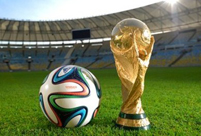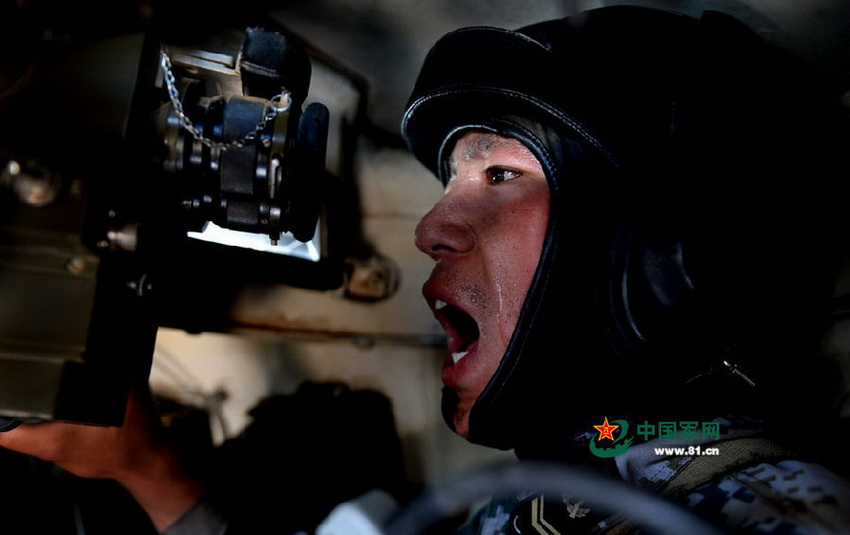 US aircraft carrier docks in HK, welcomes PLA aboard
US aircraft carrier docks in HK, welcomes PLA aboard
 Graduation season: 'Take graduation photos to mark our love'
Graduation season: 'Take graduation photos to mark our love'
 College-student-turned nun becomes famous on Internet
College-student-turned nun becomes famous on Internet
 Japanese airplanes tail Chinese warplane in China's ADIZ
Japanese airplanes tail Chinese warplane in China's ADIZ
 China applies for UNESCO listing of Nanjing documents
China applies for UNESCO listing of Nanjing documents
 Picturesque scenery in Hongcun Village
Picturesque scenery in Hongcun Village
 Japan's PM vows to resume commercial whale hunt
Japan's PM vows to resume commercial whale hunt
 Luoyang aims to become 'Chinese Culture City'
Luoyang aims to become 'Chinese Culture City'
 Century-old jade disc found confirms ancient legend
Century-old jade disc found confirms ancient legend
 A serious mind behind Chinese leader
A serious mind behind Chinese leader
BEIJING, June 18 -- China's central bank announced on Wednesday direct trading of the yuan against sterling.
The announcement came after Chinese Premier Li Keqiang began his visit to London on Tuesday.
"The direct yuan-sterling trade is good for forming a direct exchange rate between the renminbi and the British pound and reducing exchange costs," the People's Bank of China (PBOC) said in a statement on its website.
The PBOC promised "active support" for yuan-sterling direct trading and the China Foreign Exchange Trading System said yuan-sterling direct trade will start on Thursday.
Previously, the yuan-sterling reference rate was calculated on the yuan-U.S. dollar central parity rate, and the pound-dollar rate. As the two currencies can now be directly traded, the yuan-sterling rate will be set by the average prices offered by market makers before the opening of the interbank foreign exchange market.The move should help London's bid to become a renminbi offshore center.
China has allowed direct onshore trade in a number of currencies to lower transaction costs, including the Japanese yen, Australian dollar, New Zealand dollar, Malaysian ringgit and Russian ruble. Currency swaps with foreign governments have increased overseas circulation of the yuan.
"Yuan-sterling trade is another important step toward internationalization of the renminbi," said Helen Wong, president and chief executive of HSBC China, one of the market makers.
Britain is China's third largest trading partner and the second largest investor among European countries. Sino-British bilateral trade reached 70 billion U.S. dollars last year.
The government is gradually relaxing its hold over the yuan and making it a global reserve currency. China is also under pressure to diversify its foreign exchange reserves--the world's largest--which stood at 4 trillion U.S. dollars at the end of May.
 Graduation photo ideas: reliable alumnus and happy alumna
Graduation photo ideas: reliable alumnus and happy alumna Super daddies in 2014 World Cup
Super daddies in 2014 World Cup College girls take stylish photos to help enrollment
College girls take stylish photos to help enrollment Rebuilding the silk road
Rebuilding the silk road Top 10 Chinese products scoring World Cup goal
Top 10 Chinese products scoring World Cup goal PLA units hone their tank combat skills
PLA units hone their tank combat skills Attendants shine at Xinjiang-Lanzhou high-speed rail
Attendants shine at Xinjiang-Lanzhou high-speed rail Jiuzhai Valley - fairyland of the world
Jiuzhai Valley - fairyland of the world Can't take eyes off national teams in World Cup
Can't take eyes off national teams in World Cup In Pictures: Female fans of World Cup
In Pictures: Female fans of World Cup China's top 10 representative architectures
China's top 10 representative architectures Photo story: A day of 'mini girl'
Photo story: A day of 'mini girl' Top 20 hottest women in the world in 2014
Top 20 hottest women in the world in 2014  Cute animals' leisure summer in zoo
Cute animals' leisure summer in zoo Exhibition of the Buddha held in Tibet
Exhibition of the Buddha held in TibetDay|Week|Month